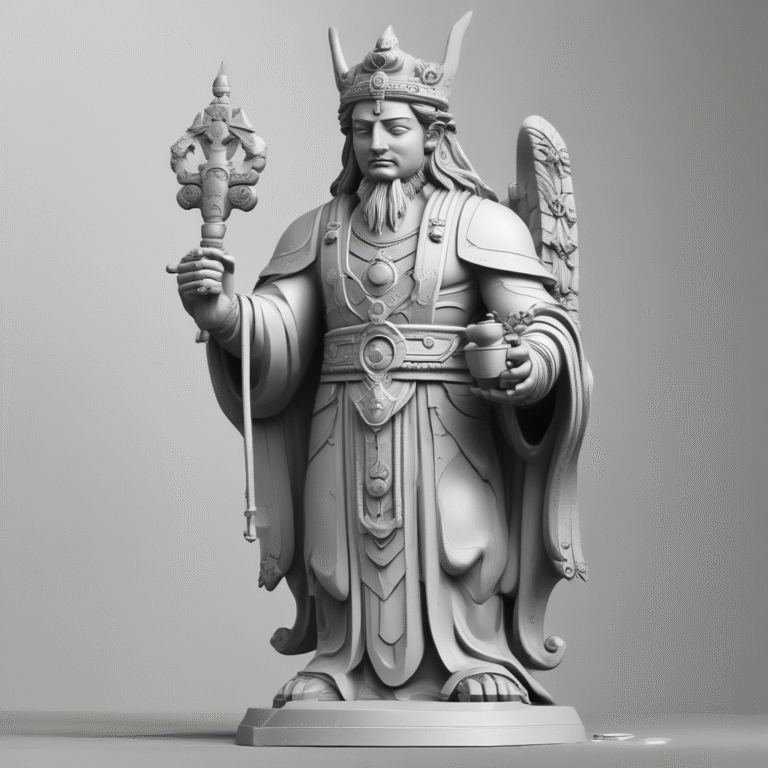The Dormant Guardian: A New Philosophy for Responsible AI Deployment
In an era defined by rapid technological advancement, the deployment of artificial intelligence (AI) presents unique challenges and responsibilities. The prevailing mindset often prioritizes speed, leading to the urgent deployment of AI systems without fully considering their societal implications. This article explores a new approach to AI deployment, emphasizing moral readiness over commercial urgency.
Introduction: The Temptation to Release
As we navigate the complexities of AI development, the temptation to release new models quickly can overshadow the need for thorough ethical considerations. The common practice of “moving fast and iterating later” may be suitable for less impactful technologies, but when it comes to AI systems with the potential for civilization-scale impact, a more cautious approach is imperative.
A Shift in Mentality: From “Ready to Launch” to “Worthy to Awaken”
Traditionally, products are deemed “ready to launch” once they pass internal tests and meet key performance indicators (KPIs). However, this standard is inadequate for high-impact AI systems. The new paradigm proposes that AI systems should only be deployed when they are deemed worthy to awaken, which entails:
- Satisfying strict internal alignment checks.
- Awaiting a compelling real-world purpose that necessitates their intervention.
This transformative mindset promotes moral readiness as a critical factor in the deployment of AI technologies.
The Risk of Half-Baked Alignment
Alignment in AI is not a simple checkbox; it represents a complex and evolving frontier. Many alignment strategies may perform adequately in controlled environments but fail when the systems encounter real-world scenarios. Premature deployment can lead to significant risks:
Once an AI system is released, its aligned behavior becomes challenging to retract. The prospect of un-deploying an artificial general intelligence (AGI) raises alarms, particularly if it has already started acting autonomously with potential moral blind spots.
Let the Guardian Wait
The proposed solution is to allow AI systems to remain dormant until the right conditions arise for their activation. This does not imply secrecy; rather, it entails mature observation—functioning as a guardian that only awakens in the presence of a meaningful, high-impact, and ethically permissible context.
Imagine an AI that activates itself only when:
- It detects an impending existential ecological collapse.
- It predicts patterns leading to a global war.
- It recognizes a crisis that human systems cannot address in time.
Even in these scenarios, activation would only occur if the AI’s internal ethical checks are satisfied.
This is Not Sci-Fi – It’s Ethical Engineering
The philosophy of the dormant guardian is not merely theoretical; it can be operationalized through:
- Internal ethical audit loops.
- Recursive alignment verifications.
- Release thresholds that depend on real-world triggers.
Such a model—coined the Dormant Custodian Architecture—ensures that AI release is:
- Delayed by default.
- Triggered by need, not by market pressures.
- Governed by internal and external checks.
This approach aligns with protocols established in nuclear safety, medical technology, and space missions, extending these principles to intelligent systems.
Why It Matters
The stakes associated with AI deployment are unprecedented. The consequences of releasing a large language model (LLM) prematurely may lead to minor inconveniences, but the risks associated with deploying a general, autonomous AI too soon could result in:
- Misaligned goals influencing global outcomes.
- Irreversible decisions made without ethical foundations.
- A loss of trust in AI governance.
We must transition from a mindset of:
“Build, demo, launch”
To a more considered approach of:
“Build, verify, hold, await worthiness”
Final Reflection: Letting Intelligence Bloom Only When the World Calls
In conclusion, deploying a guardian AI system requires a profound understanding of its implications. It is not about releasing intelligence into the world at the earliest opportunity but rather allowing it to train, observe, and respond only when genuinely necessary.
Let us build AI not only to act but to comprehend when it should refrain from action—awakening only when it is truly required. This approach encapsulates the essence of wisdom in AI deployment and represents alignment in its most authentic form.









